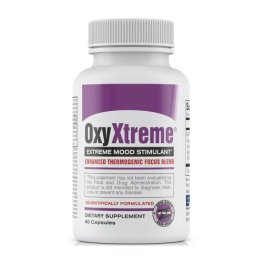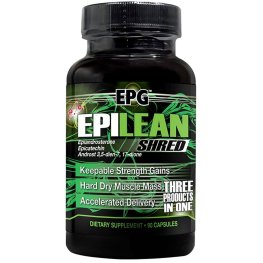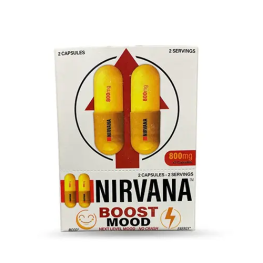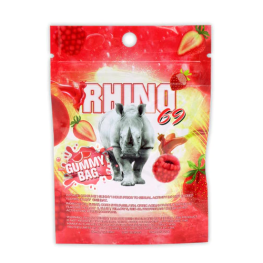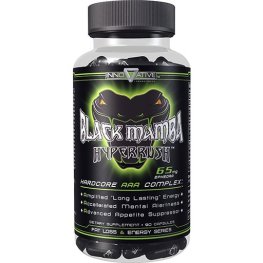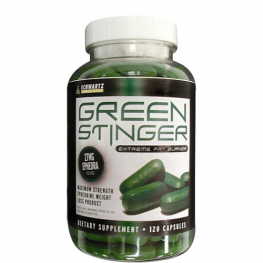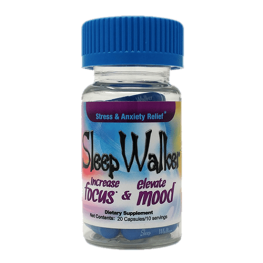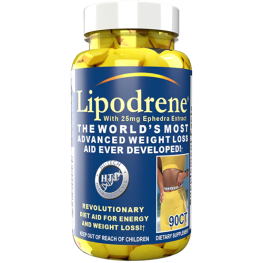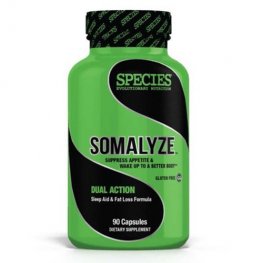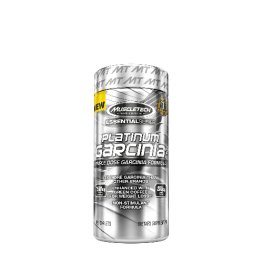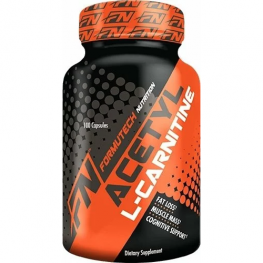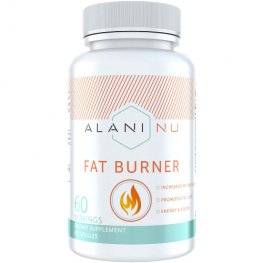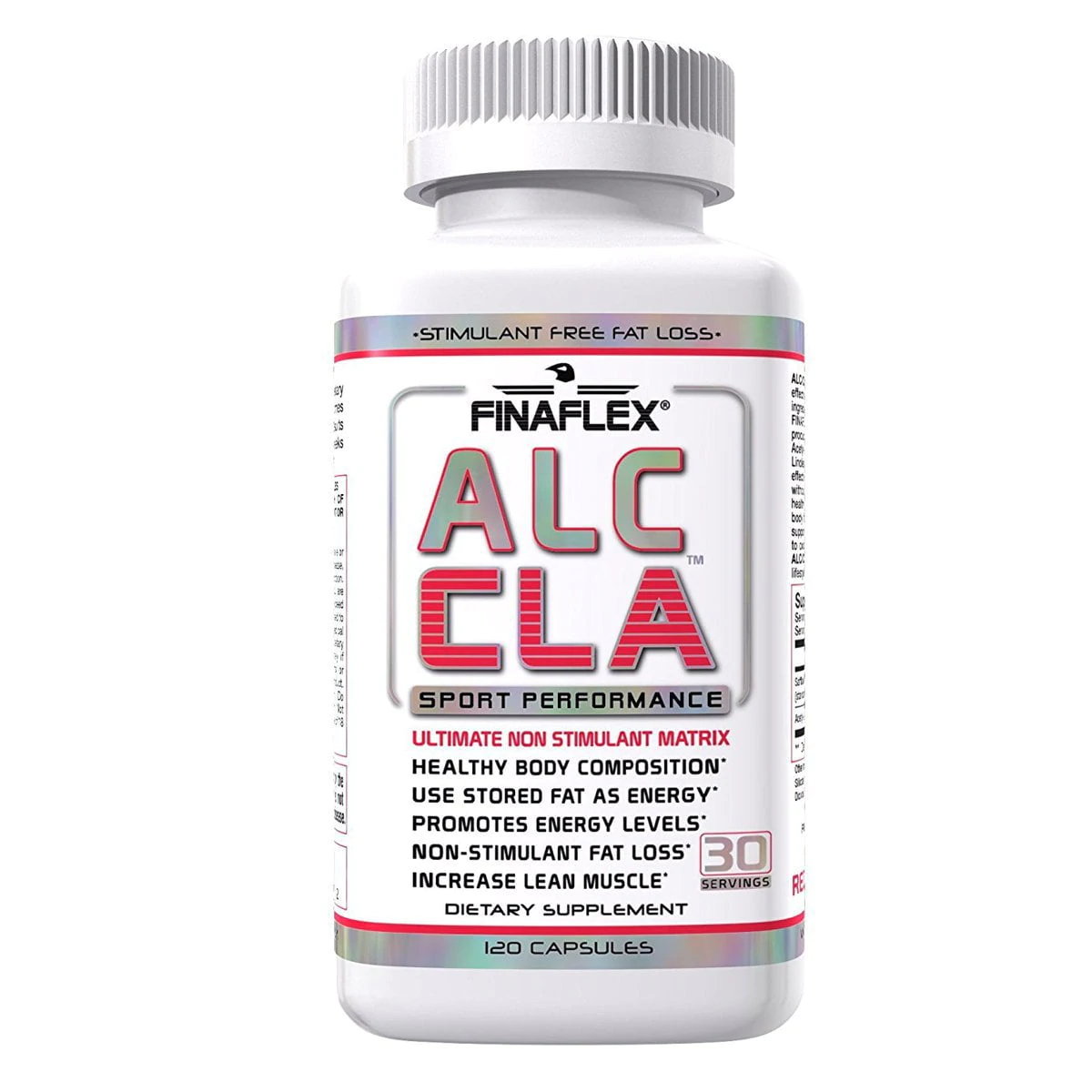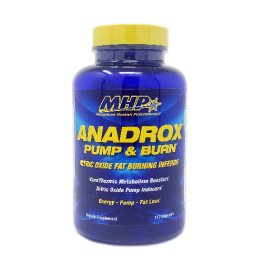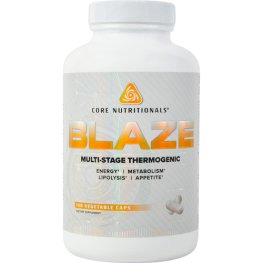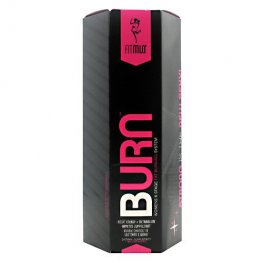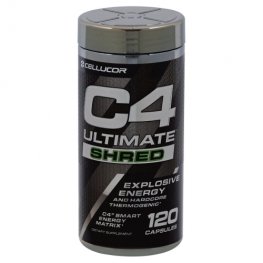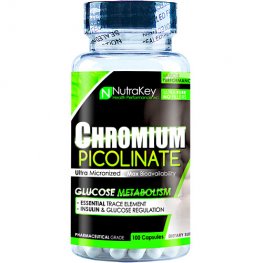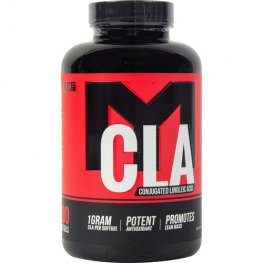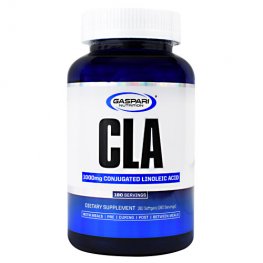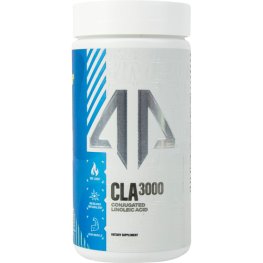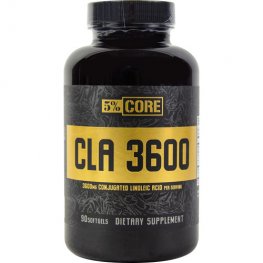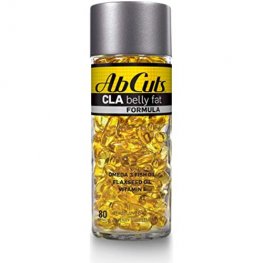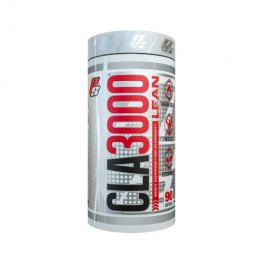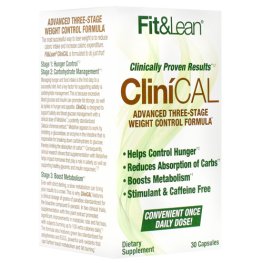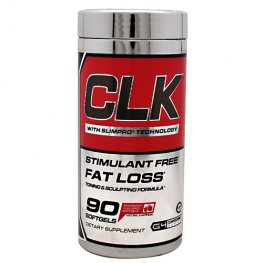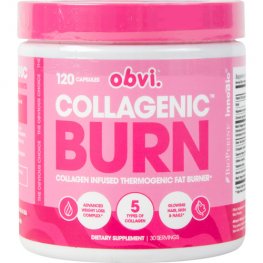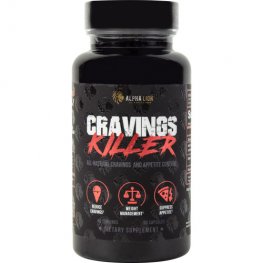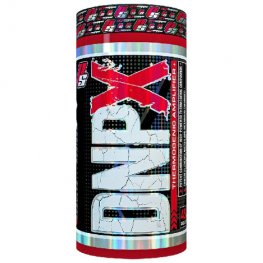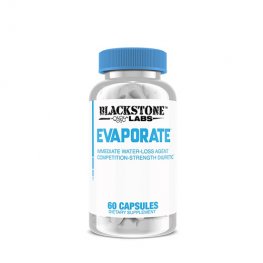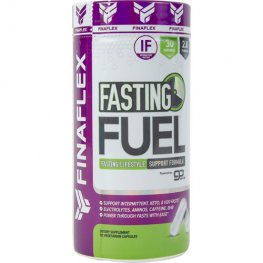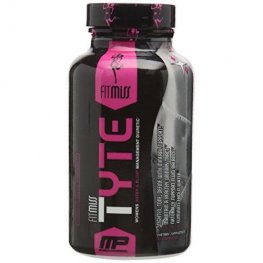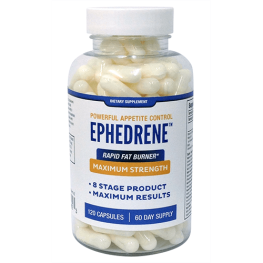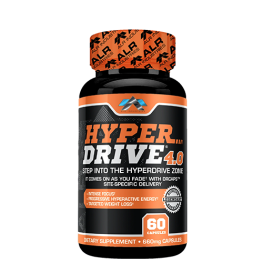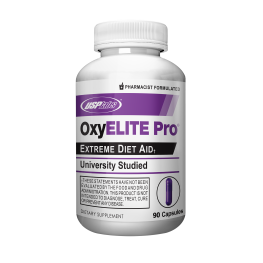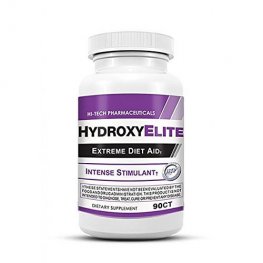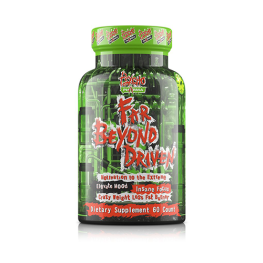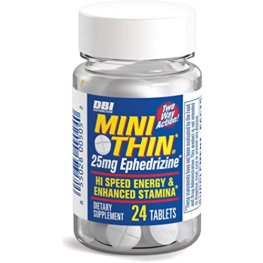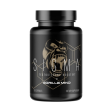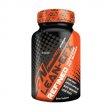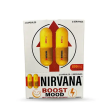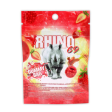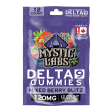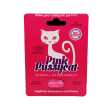Weight Loss
Somalyze 90C Nightime Fat Burner Sleep Aid Species Nutrition
100% Garcinia Cambogia 120C MuscleTech Platinum Green Coffee
Acetyl L-Carnitine 500mg Dosage Formutech Nutrition
Alani Nu Fat Burner 30C Vegan Formula Weight Supplement
ALC CLA FinaFlex Stimulant Free Weight Management Support 120ct
Anadrox Pump & Burn MHP Nitric Oxide Fat Burning Inferno 7-Keto
Basic Training Series BTS CLA Softgels
Burn Fit Miss 6 Stage Fat Burning Women System 90 count
C4 Ultimate Shred Cellucor 120 Caps Pre-workout Cutting Formula
Chromium Picolinate
CLA 1000mg
CLA 3600 Core
CLA Belly Fat Ab Cuts Stimulant Free Diet Pill No Jitters
CLA LEAN 3000 90sg ProSupps Body Composition Keto Friendly
CliniCAL Fit & Lean
CLK Cellucor G4 Stimulant Free Fat Loss 60 Softgels Tone Sculpt
Collagenic Burn
Cravings Killer
Diuretic Extreme CTD Sports 80 Capsules Water Loss Muscle Define
DNPX 45C ProSupps Weight Loss Burns Calories Reduce Hunger
Double Tap
Evaporate Blackstone Labs Diuretic Competition Shred Body 60C
Fasting Fuel
Fit Miss Tyte 60 Capsules Women's Water Management Diuretic
Forskolin-95+ 60C PEScience Stimulant Free Fat Burner Lean Out
Foundation Series CLA
Featured - Lifestyle
Specials
In today's society, where the desire for a quick fix to weight loss is prevalent, many individuals turn to over-the-counter dietary supplements in the hopes of finding a "magic bullet" solution. However, it is crucial for healthcare professionals to educate their patients about the efficacy, safety, and quality of these supplements before recommending or discouraging their use. This comprehensive guide aims to provide an overview of the best weight loss supplements available on the market, examining their effectiveness and potential risks.
The Importance of Weight Loss
Before delving into the world of weight loss supplements, it is essential to understand the significance of weight management. According to recent statistics, a significant portion of the population is overweight or obese, leading to various medical and psychosocial consequences. Achieving and maintaining a healthy weight is not only beneficial for physical well-being but also improves overall quality of life. However, the journey towards weight loss can be challenging, and individuals often seek alternative solutions to expedite the process.
The Landscape of Weight Loss Supplements
The weight loss supplement market is flooded with a plethora of options, making it difficult for consumers to discern which products are truly effective. More than 50 individual dietary supplements and over 125 commercial combination products claim to aid in weight loss. However, it is important to note that currently, no weight loss supplements meet the criteria for recommended use. The lack of evidence supporting their efficacy, safety, and quality calls for caution when considering these products as part of a weight loss regimen. (3)
Ephedra and Caffeine Compounds
One of the most well-known weight loss supplements is ephedra, a plant-derived substance used for its thermogenic properties. Ephedra alkaloids, commonly combined with caffeine or caffeine-like compounds, have shown modest weight loss effects in some studies. However, the potential for serious adverse effects, including cardiovascular events and even death, has led to the ban of ephedra-containing products by the U.S. Food and Drug Administration (FDA). (1)
Chromium and Ginseng
Chromium, a mineral thought to influence carbohydrate and lipid metabolism, has gained popularity as a weight loss supplement. However, the evidence supporting its efficacy and long-term safety remains uncertain. Similarly, ginseng, a traditional herbal remedy, has been suggested to improve glucose tolerance but has not demonstrated significant weight loss effects in human studies.
Fiber-Based Supplements
Supplements containing sources of soluble fiber, such as glucomannan, guar gum, and psyllium, have been marketed for their potential to increase satiety and decrease caloric intake. However, the efficacy of these supplements for weight loss remains inconclusive, with some studies suggesting minimal benefits. Guar gum, in particular, has shown limited effectiveness and is therefore discouraged for weight loss purposes.
Fat Oxidation and Fat Synthesis Modulators
Certain weight loss supplements claim to increase fat oxidation or reduce fat synthesis. Hydroxycitric acid (HCA), derived from the Malabar tamarind fruit, and conjugated linoleic acid (CLA) have been studied for their potential weight loss effects. While some studies have reported modest weight loss with HCA, the overall evidence is contradictory. Similarly, the efficacy of CLA for weight loss remains unproven. (2)
Chitosan and Water Elimination Supplements
Chitosan, derived from crustacean shells, has been proposed as a weight loss supplement due to its ability to bind to fat molecules in the gut. However, research on chitosan's effectiveness has yielded mixed results, with some studies showing minimal weight loss benefits. Other supplements that claim to increase water elimination, such as dandelion and cascara, have not been specifically studied for weight loss in humans.
Clinical Recommendations
Given the lack of compelling evidence for the efficacy, safety, and quality of weight loss supplements, healthcare professionals should exercise caution when considering their use. Ephedra-containing products, in particular, should be actively discouraged due to the serious safety concerns associated with their use. Chitosan and guar gum, which have shown limited effectiveness, should also be discouraged for weight loss purposes. For supplements with insufficient or conflicting evidence, such as chromium, CLA, ginseng, glucomannan, green tea, HCA, l-carnitine, psyllium, pyruvate, and St. John's wort, physicians should caution patients about the potential risks and benefits.
Conclusion
While weight loss supplements may appeal to individuals seeking a quick solution, it is important to approach them with caution. The weight loss supplement market is saturated with products that lack compelling evidence for their efficacy, safety, and quality. Healthcare professionals should prioritize evidence-based approaches to weight loss, such as diet and exercise, and closely monitor patients who choose to use weight loss supplements. By providing accurate information and guidance, healthcare professionals can empower their patients to make informed decisions about weight management.

